Life cycle assessment (LCA): automated and accurate environmental measurement
The digitisation of Life Cycle Assessment (LCA) makes it possible to measure, analyse and improve the environmental impact of each product throughout its entire life cycle: from the sourcing of raw materials to recycling or reuse. With CircularPass, this process is automated and integrated into the product's digital ecosystem, offering transparency, traceability and verifiable data.
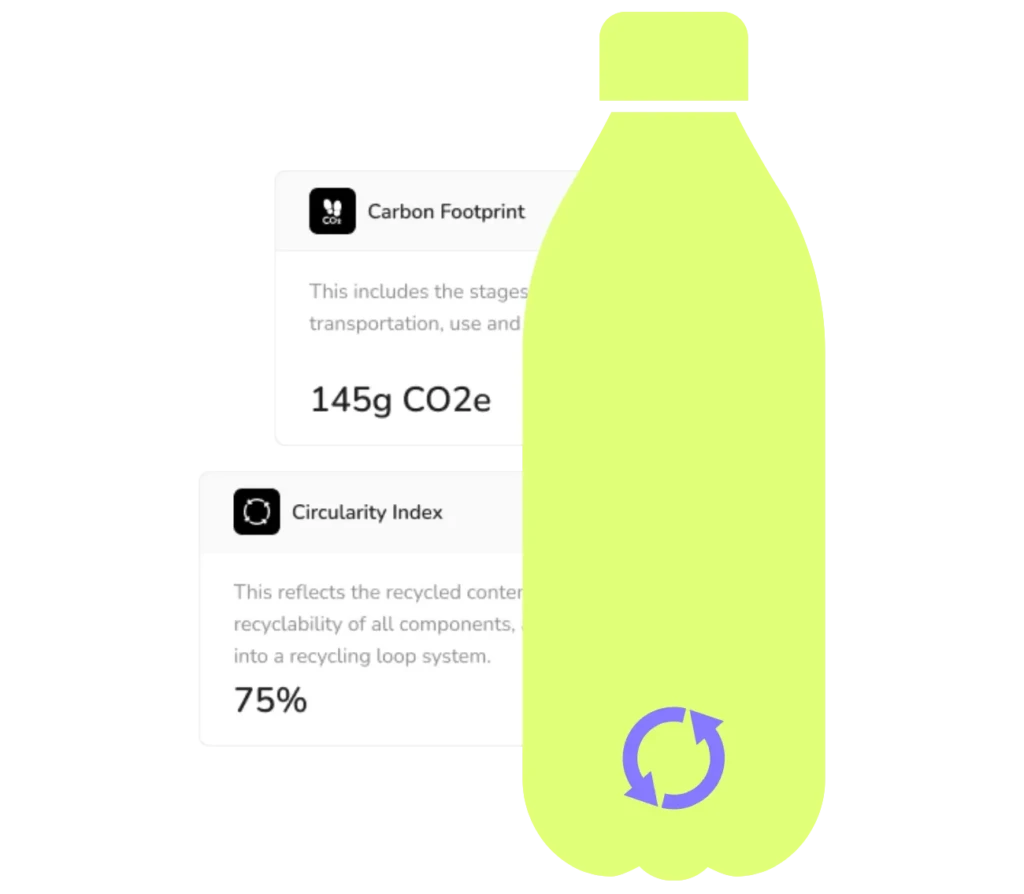
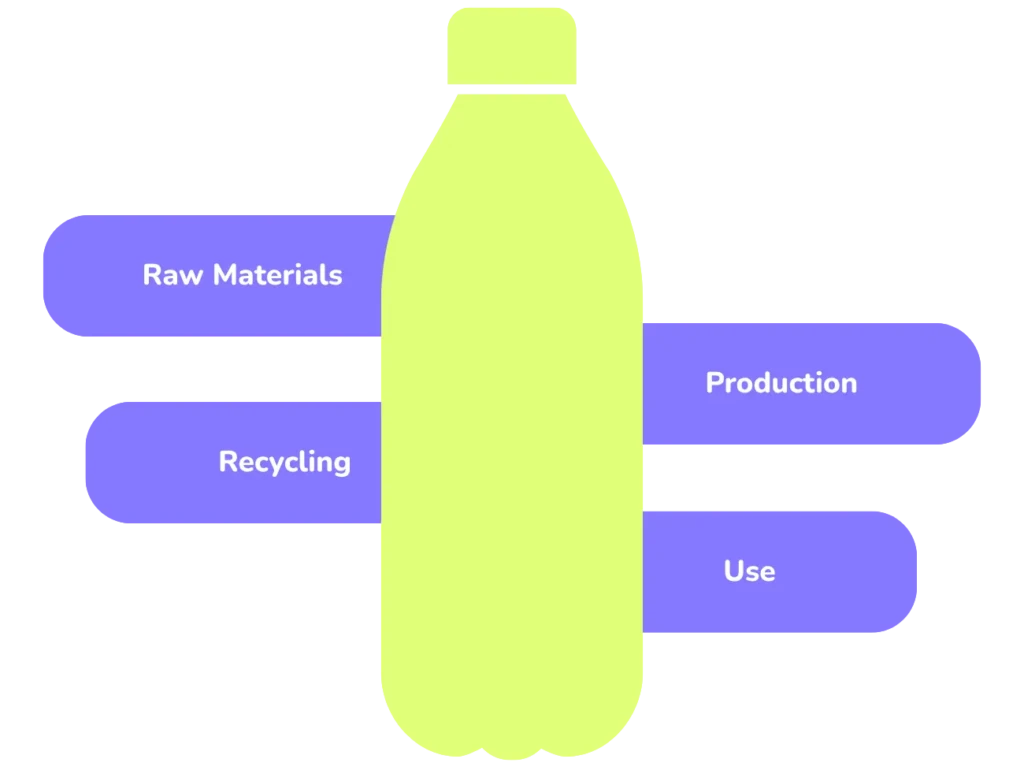
What is life cycle assessment (LCA)?
Life Cycle Assessment (LCA) is a methodology that measures the environmental impact of a product from its manufacture to its recycling.
Unlike the traditional approach, which relies on manual studies and specific data, digital LCA connects real-time information sources such as sensors, material databases and traceability systems to provide a continuous, automated and verifiable view of environmental impact.
In this way, environmental analysis becomes a dynamic and connected process, capable of providing accurate and up-to-date data that is directly integrated into the product's digital ecosystem.

How CircularPass is driving the digitalisation of LCA
At CircularPass, LCA digitisation goes beyond calculating emissions or impacts.
Our platform integrates LCA into the Digital Product Passport, connecting environmental, material and process data in a single interoperable environment. Each product thus has a digital identity that reflects its actual environmental footprint, directly linked to its traceability and European sustainability regulations.
With this integration, environmental analysis is no longer a one-off report but becomes a living system, capable of automatically updating with product changes and reflecting its impact in real time.
In this way, companies can demonstrate transparency, comply with Digital Product Passport requirements and ISO standards, and improve their environmental performance without duplicating efforts.
How life cycle assessment works?
LCA Digitalisation combines real data, automation, and traceability to provide a comprehensive and dynamic view of each product's environmental impact. At CircularPass, this process is carried out in six interconnected steps:
Scope definition
We determine the boundaries of the product, its processes and the impact categories to be assessed.
Data integration
We connect information sources (ERP, sensors, LCA databases or blockchain systems) to collect reliable and up-to-date environmental data.
Digital product modelling
We create a structured representation of the life cycle, where each material, process and flow is digitally documented.
Visualisation and traceability
The results are displayed in intuitive dashboards, with comparable and exportable indicators within the digital product passport (DPP).
Continuous updating
Every change in the product or process automatically updates its environmental footprint, ensuring that data is always verifiable and aligned with European regulations.
Other Features
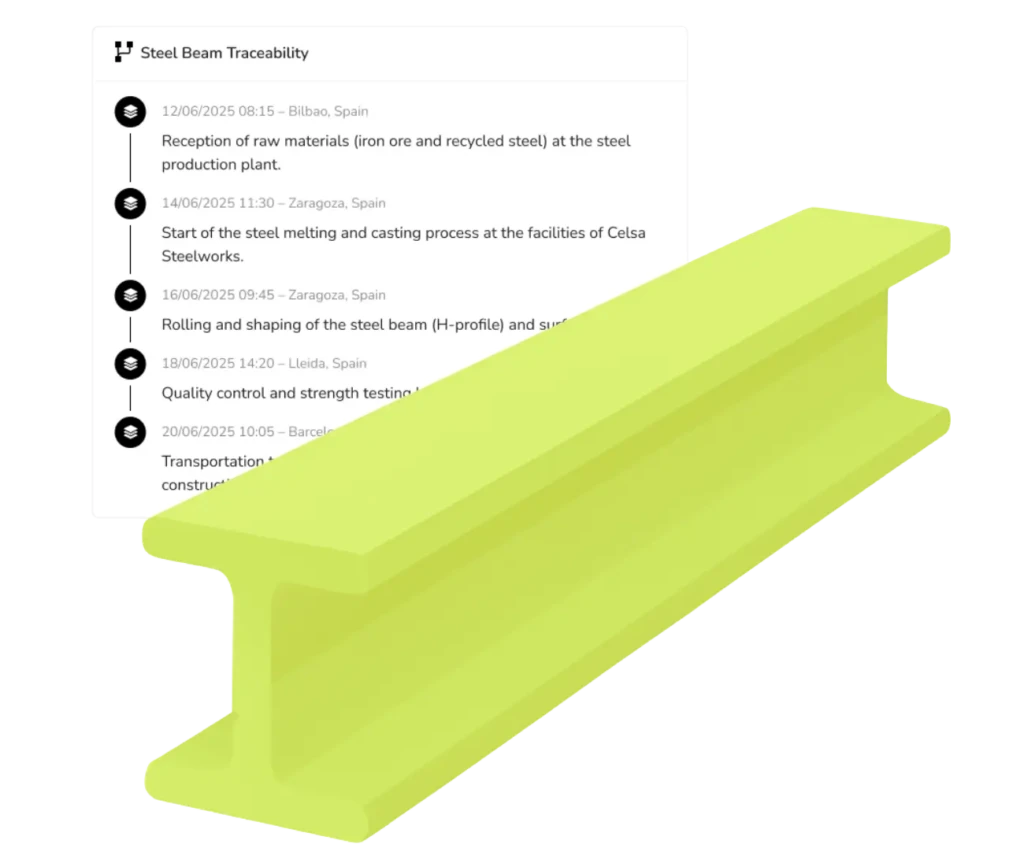
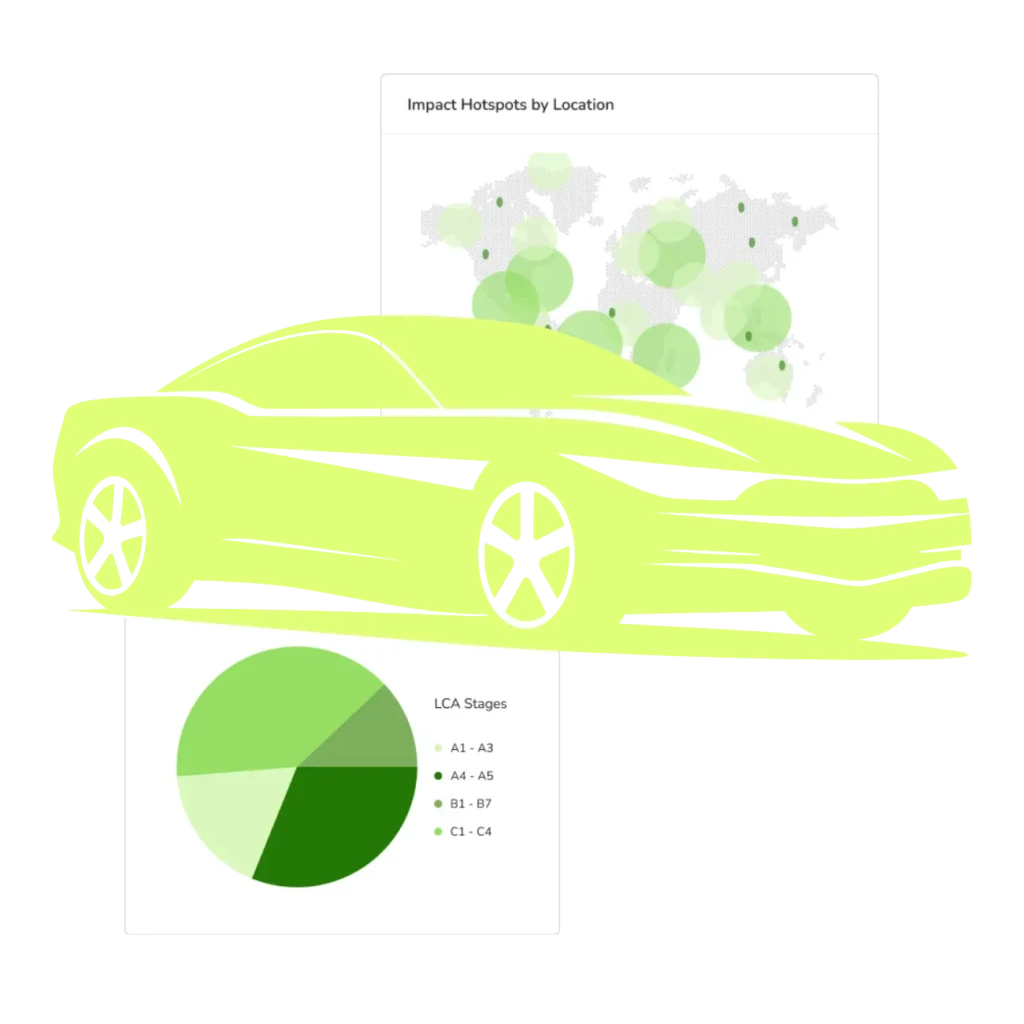
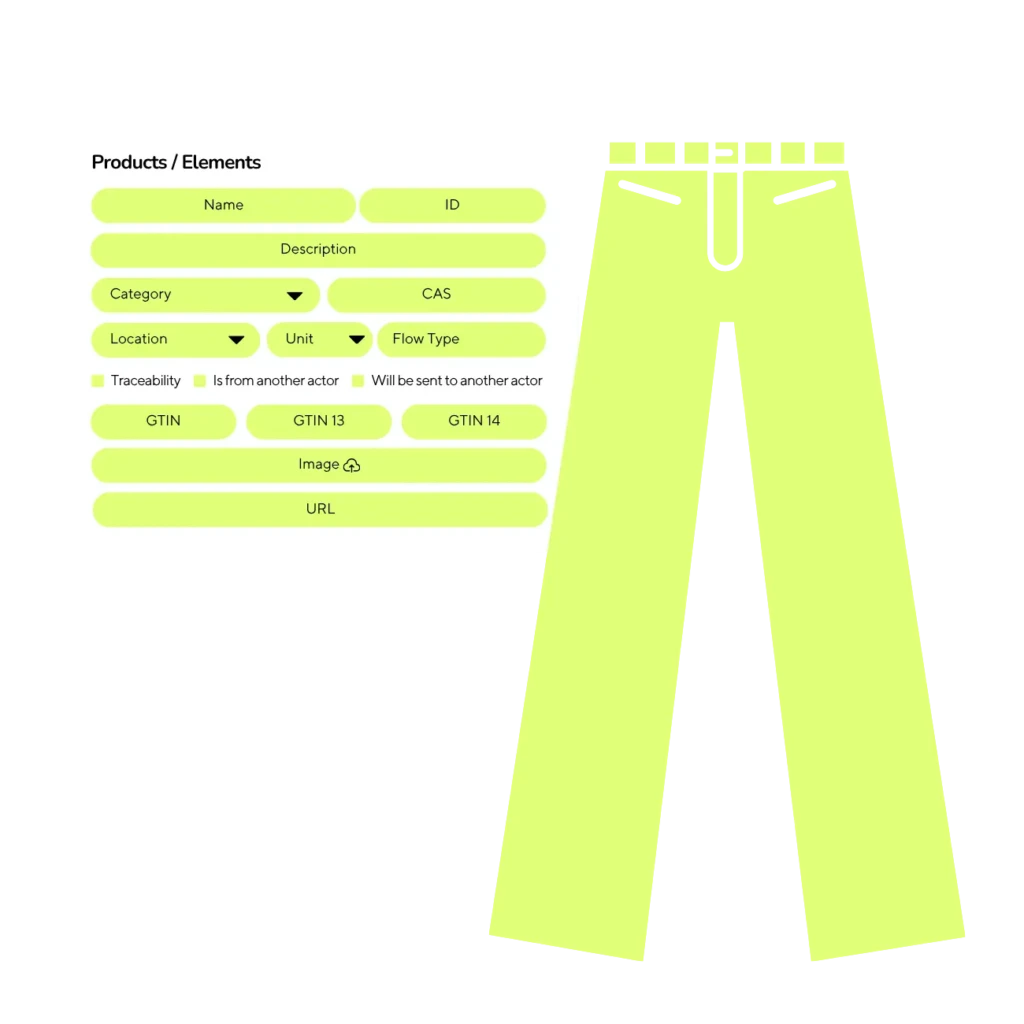
Start Your Journey to Supply Chain Transparency Today
Start Your Journey to Supply Chain Transparency Today
